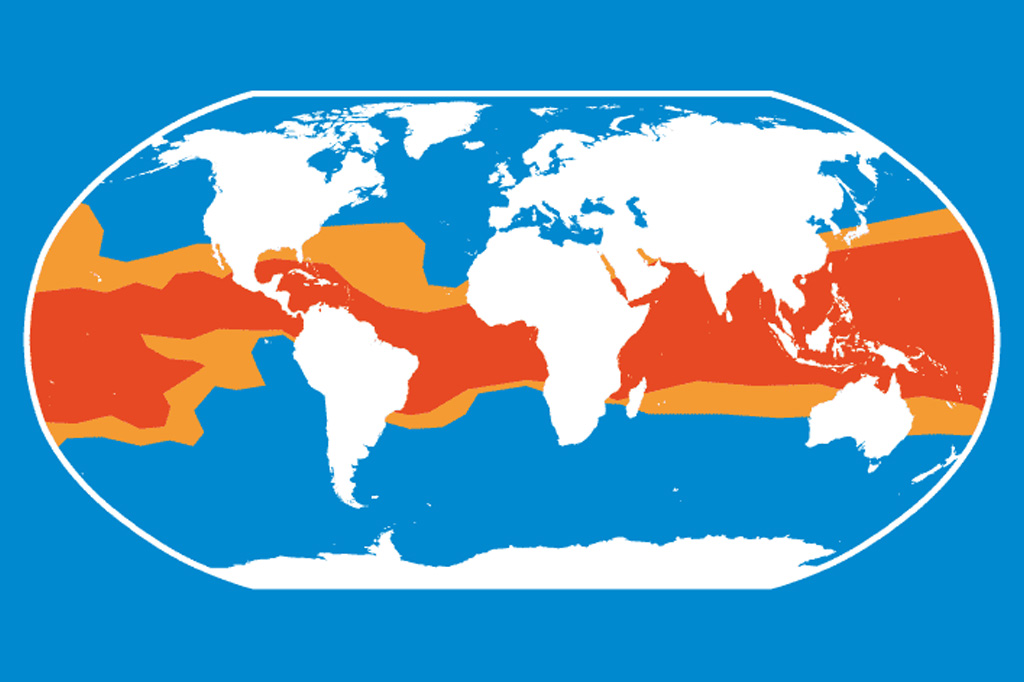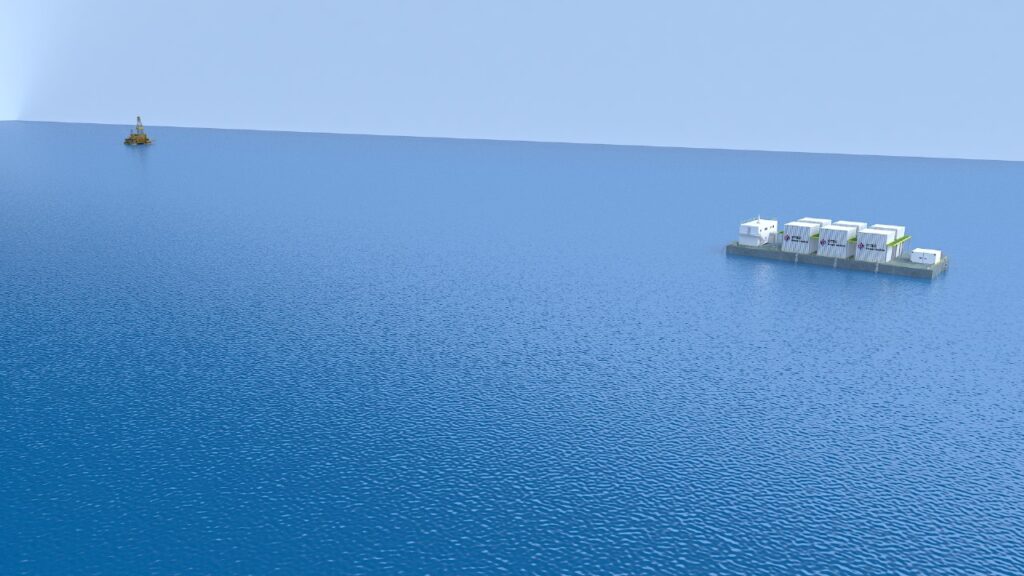powering offshore production
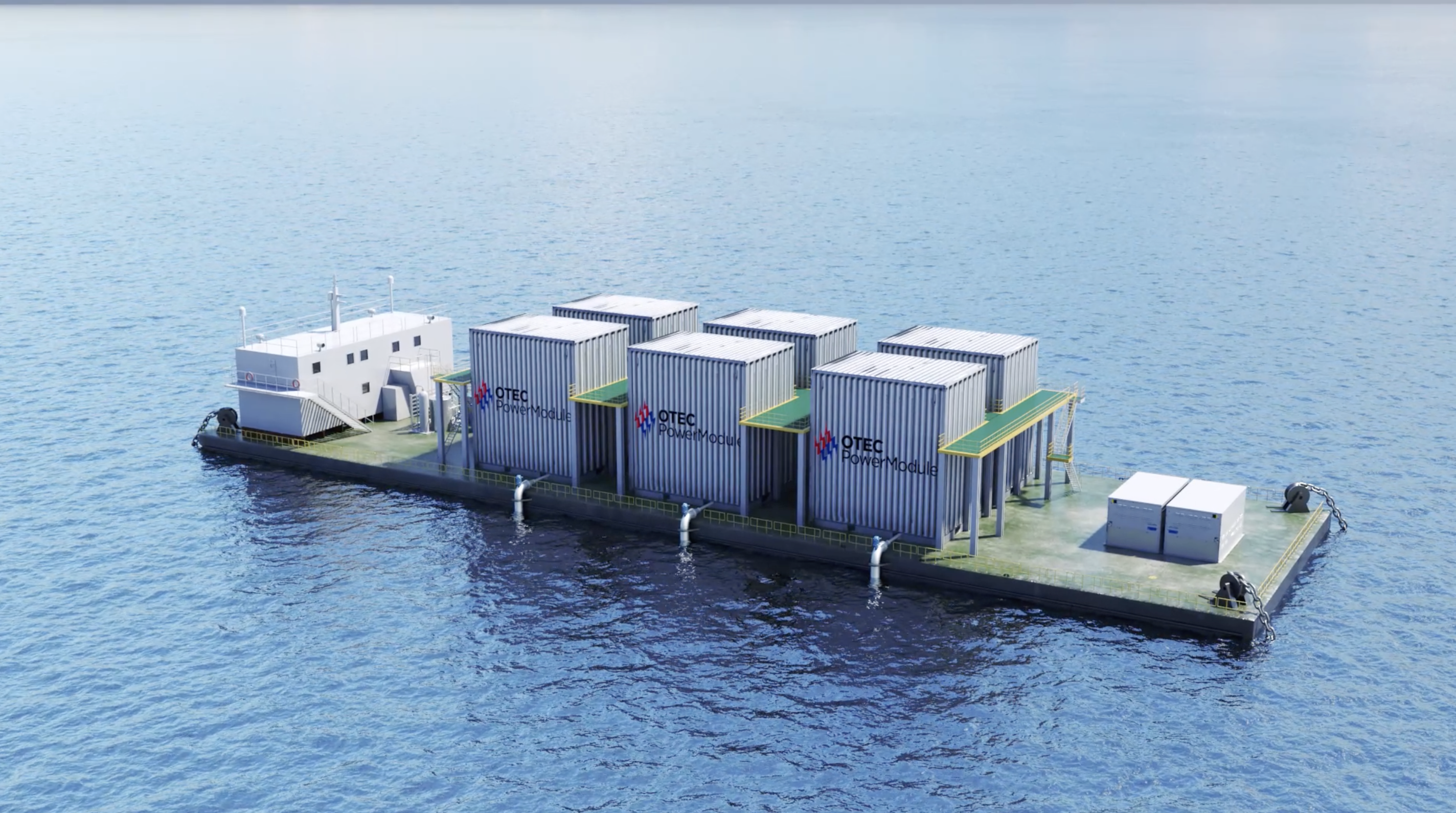
- PERIOD
Ongoing - Locations:
Brazil, Gulf of Mexico, West Africa, South China Sea - MILESTONES
Concept Phase
- DETAILS
Sea-based operations such as wells, processing and drilling rigs require large turbines which are driven by gas and diesel fuels. Our technology allows these facilities to operate more sustainably in remote regions. - PARTNERS
2H Offshore Engineering
Our OTEC Power Module® can improve efficiency and reduce the carbon footprint of offshore operations by replacing the need for long subsea tiebacks over extended distances.
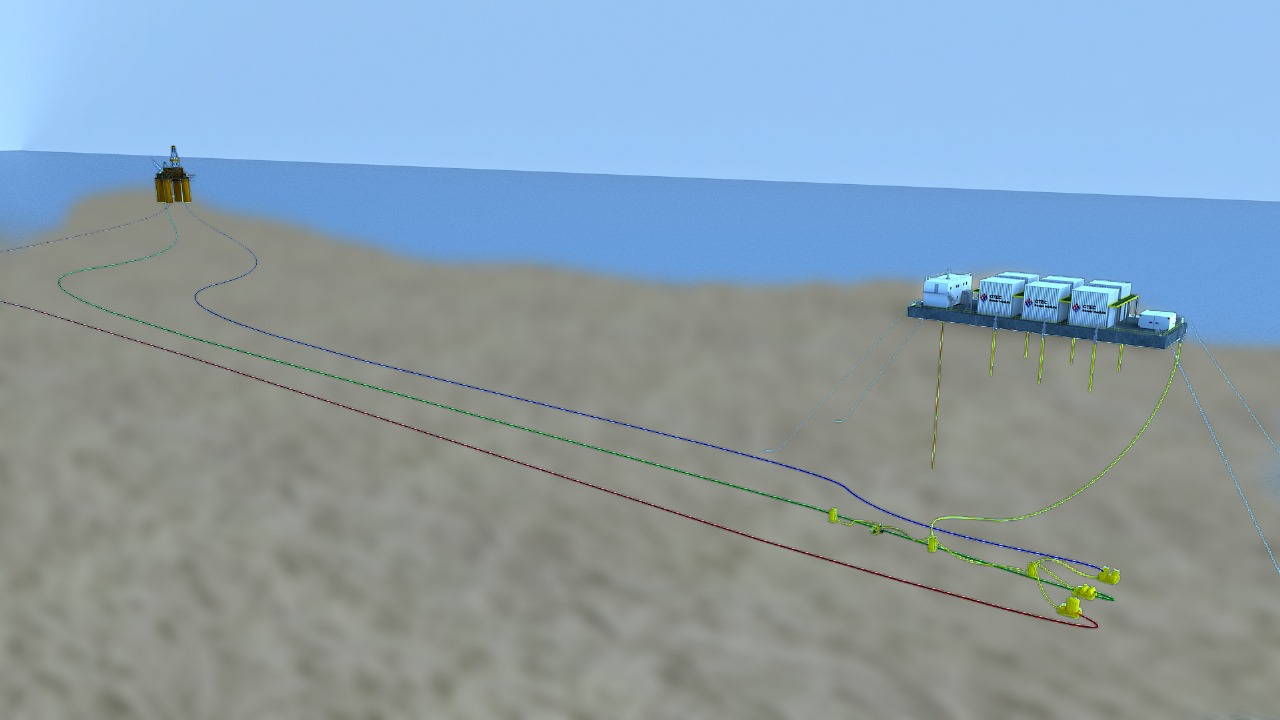
By harnessing the power of the ocean’s temperature gradients, offshore operations can be powered at greater distances from shore, significantly lowering both implementation and operational costs. The technology is projected to reduce the CAPEX of long subsea tiebacks by 20-30%, while also enhancing well efficiency and cutting CO2 and methane emissions.

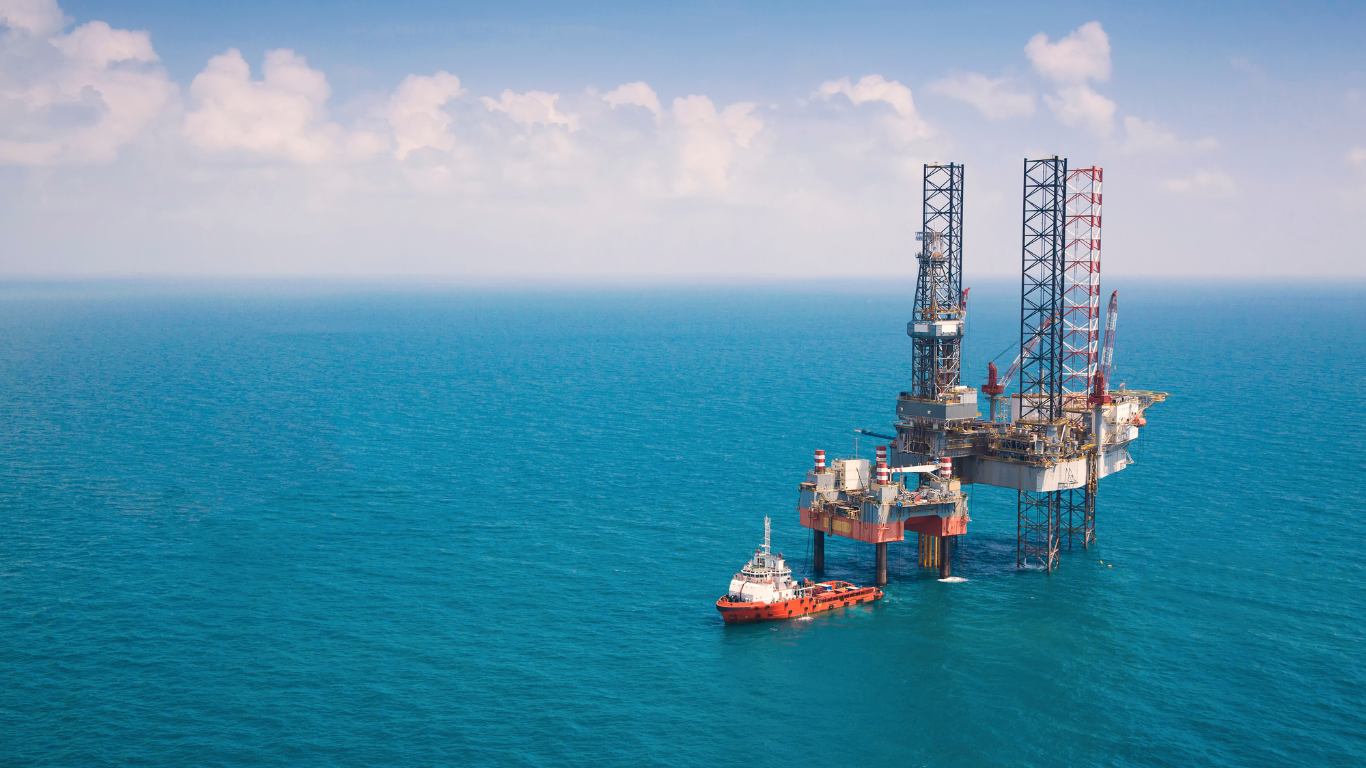
Global OTEC’s proprietary self-contained skid enables a lower-cost, modular approach to generating electricity from OTEC, with up to 500 kW of gross installed capacity increments. Each module contains all the necessary safety and control systems for local and remote operation.
The OTEC Power Module® can be used anywhere in the tropics as the technology requires the naturally occurring temperature gradient. It can produce clean, baseload electricity, 24/7, all year round.
decarbonising offshore operations through otec
The article “Analysis: Electrification holds the key to FPSO decarbonization” published by Offshore Magazine states that electrification is emerging as a practical and effective strategy for decarbonising Floating Production Storage and Offloading (FPSO) units, which are significant contributors to offshore oil and gas production emissions.
By integrating alternative power sources, FPSOs can reduce reliance on gas turbine generators, lowering their carbon footprint. Implementing these electrification strategies can enhance fuel efficiency and significantly decrease greenhouse gas emissions in offshore operations.
The article highlights that as little as a “1% fuel efficiency increase of an FPSO power plant utilizing four 30MW aeroderivative GTs to meet an 80MW power requirement can result in the avoidance of around 6,500 metric tons of CO2 per year“. This illustrates that even incremental efficiency gains in high-consumption systems can significantly reduce greenhouse gas emissions.
OTEC is well-suited for the 24/7 power demands of offshore platforms and can be deployed in tropical regions where many FPSOs are located. Its integration into offshore energy systems aligns with the broader shift toward electrification and offers a sustainable pathway to reduce greenhouse gas emissions in remote maritime environments.
subscribe to our newsletter
Newsletter
"*" indicates required fields



